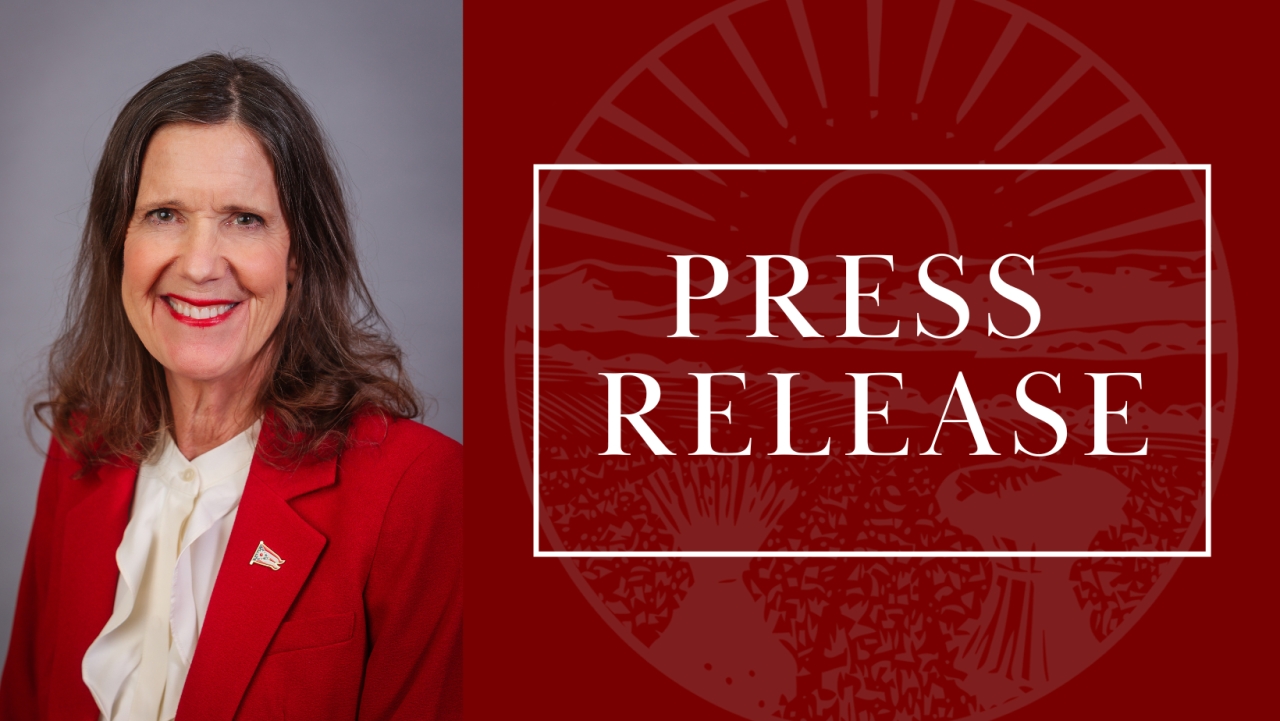Rep. Richardson Applauds Passage of Bills Aimed at Curbing Property Tax Spikes

COLUMBUS – State Representative Tracy Richardson (R-Marysville) today voted in support of House Bill 129 and House Bill 309, both of which serve as reasonable, informed responses to the unprecedented surge in residents’ property tax burdens across the state. These bills add to the list of House-championed initiatives aimed at providing property tax relief for Ohioans.
“For many months, I have been working to find meaningful property tax reform for Ohioans because it is such a pressing and significant concern for the residents of my growing district,” said Richardson. “Today, the Ways and Means Committee and the Ohio House of Representatives voted favorably for two bills which seek to provide much needed long term property tax reform within our state.”
House Bill 129 would require emergency and substitute tax levies, incremental growth levies, conversion levies, and the property tax portion of combined income tax and property tax levies to be included in the 20-mill floor calculation for school funding purposes.
Roughly 200 Ohio school districts have used emergency and substitute levies to gather large windfalls from property value increases thanks to being on the 20-mill floor, plus additional annual guaranteed revenue the districts receive from these levies, which are not included in the 20-mill floor calculation today. If enacted, emergency and substitute levy rates will count towards the 20-mill floor when a school district undergoes its sexennial reappraisal or triennial update, reducing or preventing unvoted tax spikes for the residents of those districts.
House Bill 309 reduces unnecessary property tax collections by expanding the County Budget Commission’s authority to modify levies and reduce a taxing unit’s millage if the Commission deems a local government would receive unnecessary or excessive property tax collections. It would also increase transparency by clarifying the authority budget commissions currently have and increase transparency when addressing unvoted windfalls of revenue.
These two pieces of legislation were approved in the state budget and unanimously recommended with slight modifications by the Governor’s Ohio Property Tax Working Group, which is composed of various school and local government leaders.
House Bill 129 and House Bill 309 now move to the Senate for further consideration.







